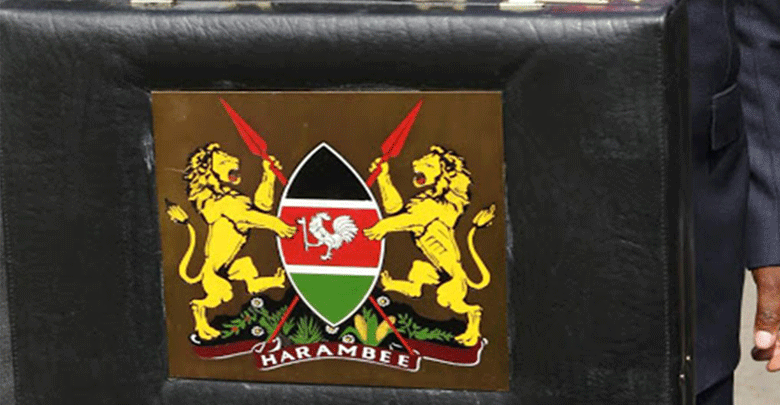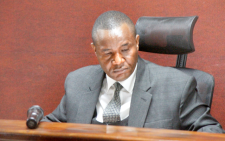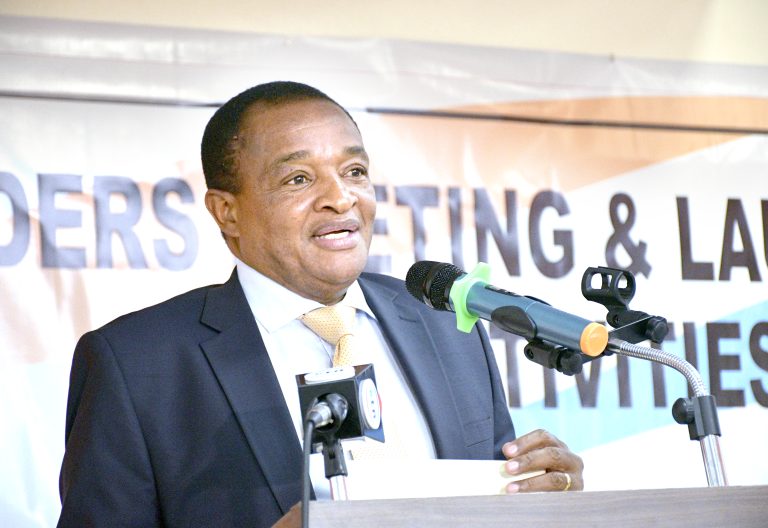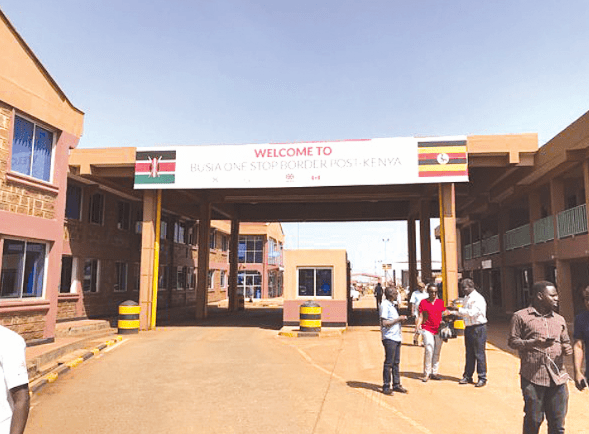Experts: Mini-budgets not essential, hurt credibility

Lewis Njoka @LewisNjoka
Supplementary budgets and their poor timing could be worsening Kenya’s budget credibility, a new report says.
Budget credibility refers to the ability of a government to raise and spend money in line with its approved budget.
According to a report by International Budget Partnership Kenya, supplementary budgets do not improve budget absorption and make it harder to attain a high level of realism in budgets.
“The three supplementary budgets in FY 2019/20 raised the size of the total budget by three per cent.
This was especially targeted at the health and social protection sectors. However, this revised budget also saw a similar underspending trend with only 87 per cent of spending against the approved revised budget,” says the report.
The report covers financial year 2019/2020, hence, includes the first few months of dealing with Covid-19 which arrived in Kenya in March 2020.
Supplementary budgets are meant to adjust budgets based on revenue and expenditure performance so that the budget is more realistic.
The lower performance in budget execution after the revisions, however, shows that this objective was not achieved.
The timing of supplementary budgets, according to the report, has not helped line ministries to spend their budgets on time with the last supplementary budget for 2019/20 passed on June 30, the last day of the financial year.
The total budget absorption in the financial year was 89 per cent of the approved budget for the year.
This performance was not significantly different from the three previous financial years and is slightly above a four-year average of 88 per cent for the period between 2016/17 and 2019/20.
“Across the 10 sectors in government, only health hit the 100 per cent mark in its spending and had an expenditure rate that was over 100 per cent, which represented the highest absorption,” reads the report in part.
“Absorption performance across the years shows that all sectors have been erratic with no improving or decreasing trends in performance between financial 2016/17 to financial 2019/20,” it adds.
Underspent their budgets
About half of all the national government Ministries, Departments and Agencies (MDAs) have underspent their budgets by 10 per cent or more in the last four years.
In financial year 2019/20, 22 out of 42 MDAs absorbed less than 89 per cent of their budgets.
This number is higher than in financial year 2016/17 and financial year 2018/19 but lower than financial year 2017/18, which saw 25 MDAs spend below the total average.
Over the four year period between financial year 2016/2017 and financial 2019/2020, the Directorate of Public Prosecutions, Ministry of Labour and Social Protection, and the Ministry of Tourism and Wildlife spent an average of less than 90 per cent of their budget allocation.
Ministry of Ministry of Tourism and Wildlife had the lowest budget absorption rate at 47 per cent.
Only the Presidency and the Ministry of Devolution absorbed all their budgetary allocations at 107 and 105 per cent respectively.
“Just like at the sector level, this performance is not unique to a year affected by Covid-19.
The trend of overspending and underspending in the majority of the MDAs can be seen across the three prev ious financial years,” says the report.












